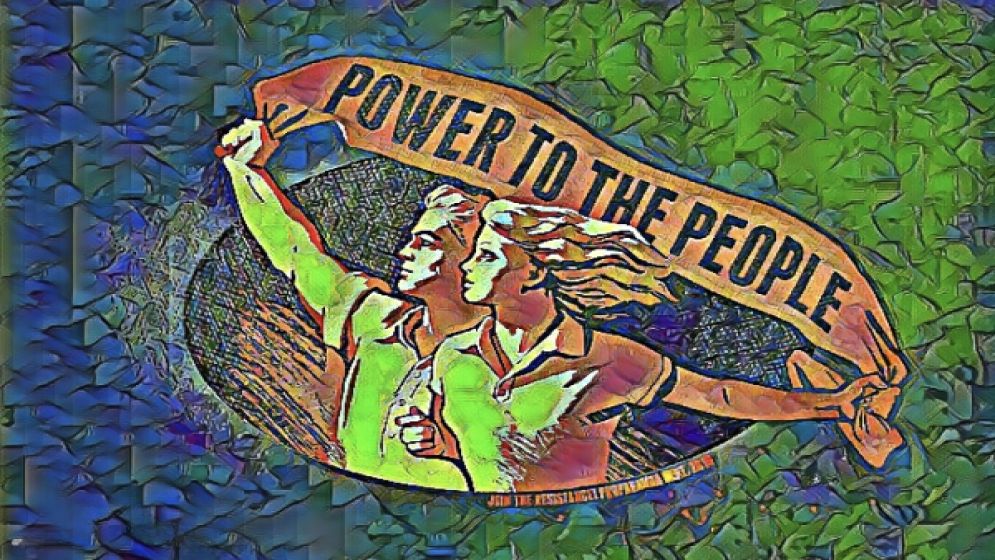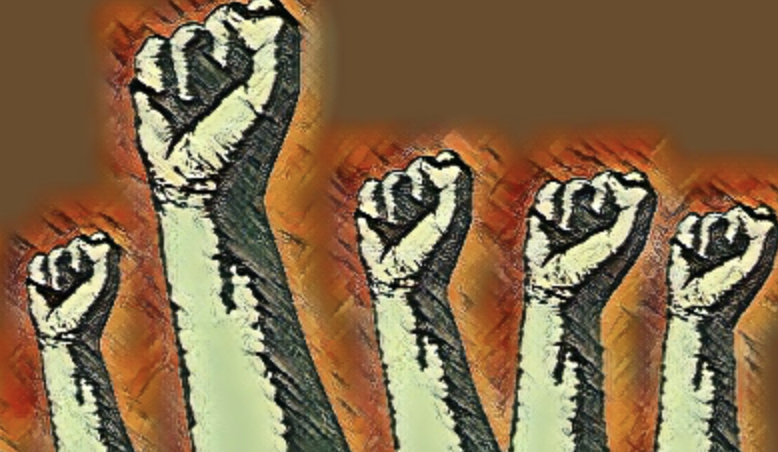For the first time, power in Bangladesh flows upward…from citizens to their government

Francis Fukuyama, in Political Order and Political Decay, laid out a clear premise: a state is strong when its institutions are grounded in the rule of law and democracy is practiced as a legitimate principle, rather than just a slogan.
A democracy worthy of its name mobilizes society and economy on those principles. Without this, “democracy” is little more than theater.
Bangladesh now stands at a crossroads. The revolutionary zeal that birthed the nation has given way to a fragile interim government, widely derided as the weakest in the country’s history.
The deltaic geography, a submissive national character shaped by centuries of colonial and postcolonial subjugation, and a persistent vacuum of leadership have left the state exposed.
Fukuyama warned that when governance depends on coercion rather than institutions, dictatorship becomes the path of least resistance. Bangladesh risks walking that road again.
But what exactly defines strength? Is it a government that can impose its will, or one that can build consensus? Why is every failure branded as the weakness of the state, and not as a collective failure of citizens unwilling to shoulder their civic responsibilities?
A democracy is not simply about having a government–it is about having a political culture that sustains it.
The real crisis is that Bangladesh has never known “true” politics. For over half a century, politics has been distorted into a cult of charisma. The word people in democracy was quietly replaced by a single leader elevated to near-divine status.
Elections every five years were little more than rituals, as the system elevated “democratic dictators” who personified the state itself. Institutions–courts, bureaucracy, even civic organizations–became little more than accessories to sustain this arrangement.
For fifty years, this illusion of democracy has survived by branding dissent as “undemocratic.” The result is a state built on patronage instead of principle. Citizens were reduced to clients, not participants.
The nation has confused the survival of personalities with the survival of democracy.
The question, then, is brutally simple: will Bangladesh finally build a state strong in law, accountable in governance, and open to its people–or will it remain trapped in the orbit of leaders who mistake themselves for democracy itself?

An uprising that ushered in a new era
The bloodshed of August 24–when thousands of citizens paid the price for change–shattered the old political model. In its aftermath, the interim government’s attempt to restore genuine state institutions has been met with skepticism, particularly from the intelligentsia.
Yet what is unfolding across Bangladesh today feels like a political reality the country has never known.
For the first time, extreme freedom of speech is not an abstract demand but a lived experience. Media outlets now question authority without censorship. Citizens challenge institutions openly without fear of reprisal.
Security forces, long accustomed to coercion, are exercising restraint. Grievances find redress swiftly. These are not just unfamiliar scenes in Bangladesh–they are unprecedented.
The discomfort is palpable among elites who once thrived in a patron-client political order. Civil society leaders, accustomed to manipulating policy from within government corridors, now find themselves locked out.
Foreign pressure, once decisive in steering political outcomes, carries less weight. The absence of transactional politics has turned many in these quarters confrontational, unable to adapt to a system where their privileges no longer guarantee influence.
Meanwhile, a broader consultation on constitutional amendments and institutional reforms has taken root outside parliament’s walls, signaling–for the first time in living memory–that sovereignty may genuinely flow from the people.
Road marches crisscross the country, drawing curious crowds hungry to listen, not merely to watch. The July Charter, announced on the parliament steps by a coalition of stakeholders, underscored a forgotten truth: power lies not with a ruler but with citizens.
The signs of this new political order are striking. A former chief justice faces trial. Expatriates are sending remittances with renewed trust. Merchants and bankers respect the central bank rather than scheming to defraud it.
The once-dominant student political front has been denied control of the campuses. News agencies, starved of scandals to sensationalize, scramble for stories beyond luxury hotels or market gossip. Citizens debate sovereignty, not submission, demanding empowerment of their armed forces as guardians of the republic.
For the first time, Bangladesh can plausibly boast not of a strongman’s grip but of governance that appears accountable, participatory, and unafraid of its own people.
The question is whether this fragile experiment will endure–or collapse under the weight of a political class unable to imagine power without patronage.
If this interim state is still derided as the weakest in Bangladesh’s history, so be it. Weakness, after all, can be a distortion of perspective. What matters is that, for the first time in decades, power appears to flow upward–from citizens to their government.
That alone is cause for the people to rejoice.
The task before the interim authority is not to prove its strength by force or spectacle, but to complete the unfinished project of nation-building begun more than half a century ago.
To stumble now would be to betray that promise once again.
—
Brigadier General (Retd) AF Jaglul Ahmed, ndc, psc, Phd a regular contributor in national daily’s

